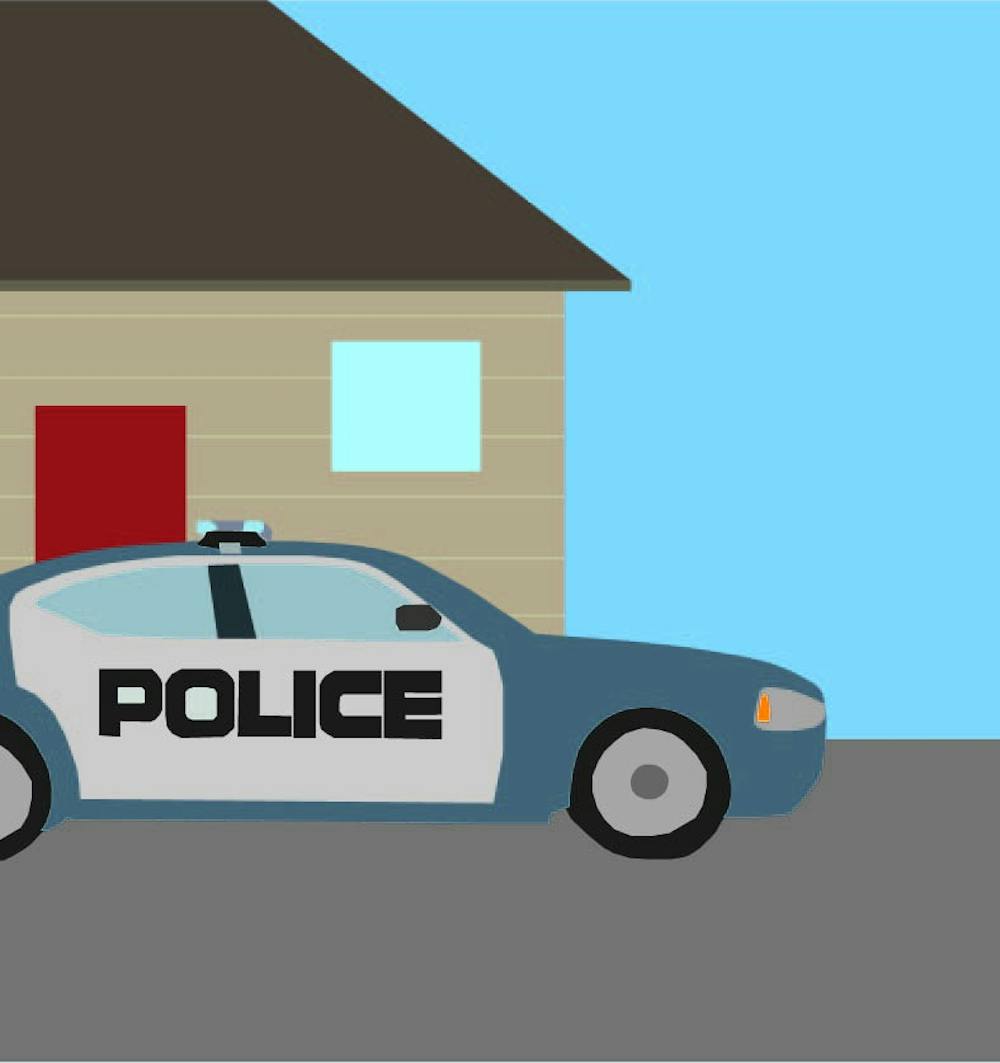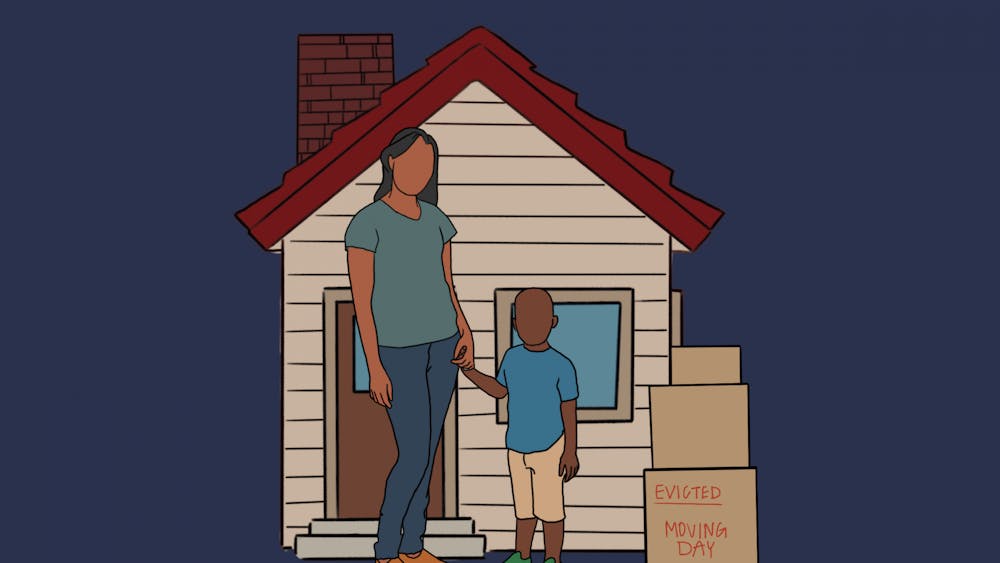Some IU students will receive a nighttime visit from the police after turning the volume up a notch too far.
Capt. Steve Kellams of the Bloomington Police Department said although noise complaints are a routine event for BPD, there can be fiscal consequences for students.
A student can improve their odds of receiving a warning, not a fine, by answering quickly when police knock and complying with instructions, Kellams said.
IU Police Department Lt. Andy Stephenson said the consequences of a noise complaint depend on whether BPD or IUPD officers respond to the call.
The BPD handles complaints off campus, and IUPD mainly responds to dorms and on-campus living.
“What we do is simply respond and ask the person to turn the music down — or whatever it is,” Stephenson said.
If IUPD has to return because the noise hasn’t stopped after a warning, Stephenson said the person could be issued a warning for disorderly conduct or even arrested, depending on his or her willingness to cooperate.
“It is basically you’re creating a disturbance and have been asked to stop and haven’t done so,” Stephenson said.
BPD is authorized to enforce the city’s noise ordinance, which prohibits unreasonable noise that might endanger the safety or comfort of other citizens, Stephenson said.
Noise complaints can be called in at any time, Kellams said. They’re not restricted to hours when people might be sleeping.
BPD can levy a $50 fine for a first-time violation and $100 and $500 fines for any subsequent violations in a 12-month period, according to the Bloomington Municipal Code on Noise. Officers can choose whether to issue a warning or a fine at their own discretion, Kellams said.
However, as party weekends like Little 500 approach, Kellams said BPD is more likely to issue fines to people whose parties prompt noise complaints to keep behavior in check later on.
“We want people to know we’re serious,” he said.
BPD is also able to arrest violators for disorderly conduct. The Municipal Code on Noise lists loud music, sounds from electronic devices, horns, warning devices and vehicles without mufflers as potential causes of noise complaints, especially if the noise continues for a long period of time or occurs at night.
Bloomington’s Quiet Nights Program funds extra police patrols to keep neighborhoods quiet, according to the city government website.
Kellams and Stephenson said the vast majority of cases police respond to are calls about loud music. In those cases most of the houses or apartments turn down the music the first time they are asked to do so, he said.
If a noise complaint mentions yelling or screaming, Stephenson said the police responders will investigate to determine the origin and the cause of the noise to ensure a fight or instance of domestic violence is not at hand.
However, the police will normally not follow up with the caller unless requested because most people who file noise complaints wish to remain anonymous, he said.
Kellams said the issue of noise causes students and non-students to clash.
“An aspect of where we live is that we have a group of students who are wanting to have a good time, and another community of people, non-students, who are wanting to sleep or work,” he said. “We’re just not looking for it to be confrontational.
Noise violation fines must be appealed within seven days, according to the Quiet Nights Program page on the city government website. They must be filed in the Public Works Department in the City Government offices at 401 N. Morton St. The Board of Public Works determines whether the fine must be paid.






